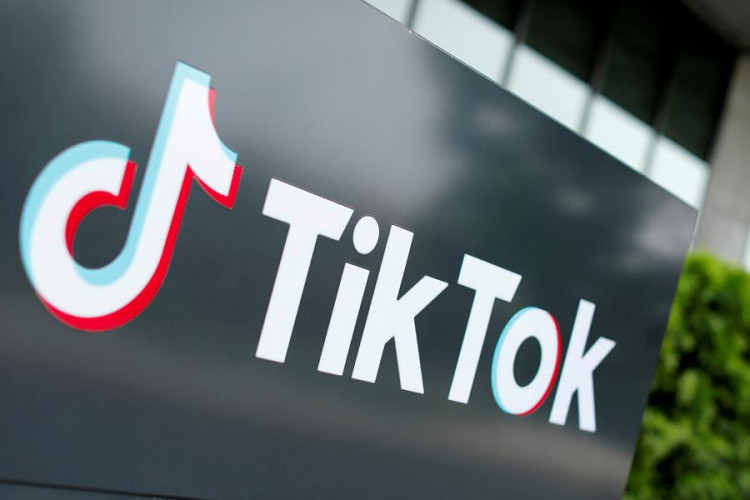Following a ban by the Indonesian government, TikTok suspended its TikTok Shop operations in Indonesia on October 4. Bob Kang, the head of TikTok's e-commerce division, discussed the situation internally. He mentioned that the incident occurred unexpectedly and the underlying reasons are intricate. The company is striving for an early resumption of services.
On September 27, Indonesia's Ministry of Trade held a press conference, announcing a prohibition on social platforms like TikTok from conducting product transactions within their platforms or using user data for e-commerce purposes. According to the new regulations, social media platforms are not allowed to engage in direct product sales transactions but can only promote products and services. This directive gave social platforms, including TikTok, just a week to adjust and respond.
Kang stated that they need to modify their products and operations to comply with regulatory requirements, leading to a temporary halt in operations. "Later today, we will communicate with our users, merchants, logistics partners, payment partners, and other relevant stakeholders. Our team will work diligently to ensure the fulfillment of existing orders and provide post-sales customer service. We will also maintain communication with our seller community. At the same time, we are actively engaging with local authorities and relevant parties to expedite the product and operational modifications and resume operations."
It's understood that Indonesia is one of the regions where TikTok's e-commerce operations have been particularly successful. Data from FastData shows that in the first half of 2023, Indonesia had the highest number of TikTok Shop stores with sales exceeding 10,000, and two of the top three global stores in terms of sales revenue were from Indonesia. Kang revealed during the internal discussion that TikTok's e-commerce platform has served 80 million Indonesian users in the past two years, offering millions of sellers and creators opportunities to grow alongside the platform.
This implies that the Indonesian government's ban has significantly impacted TikTok's e-commerce Gross Merchandise Value (GMV) and revenue.
Indonesian officials have repeatedly mentioned that social e-commerce poses a threat to local small and medium-sized enterprises. Reports suggest that vendors at Tanah Abang, Southeast Asia's largest textile and clothing wholesale center located in Jakarta, displayed posters in front of their stalls protesting the decline in sales and urging the government to shut down TikTok Shop. Due to TikTok's competitive pricing, many stores were forced to close, leading to layoffs.
Kang stated, "While we work on product and operational solutions, we continue to actively engage with relevant authorities to find the best way to continue serving Indonesian businesses and users."
A bigger challenge for TikTok's e-commerce is that other Southeast Asian countries, including Malaysia and Vietnam, are also evaluating whether to introduce similar bans on social e-commerce. TikTok has yet to provide further comments on this matter.





